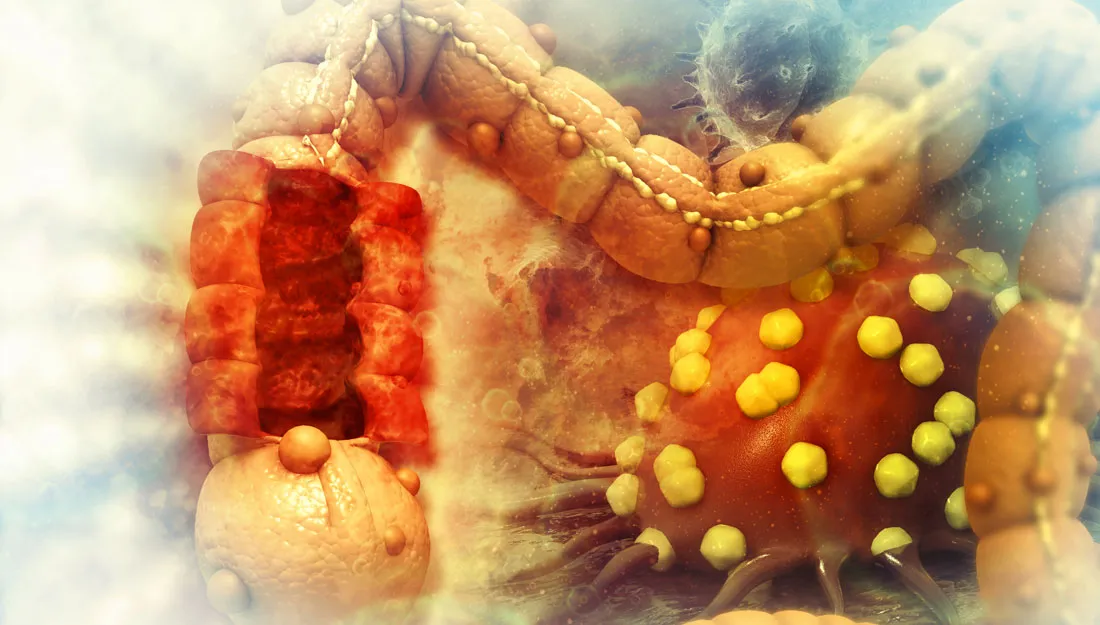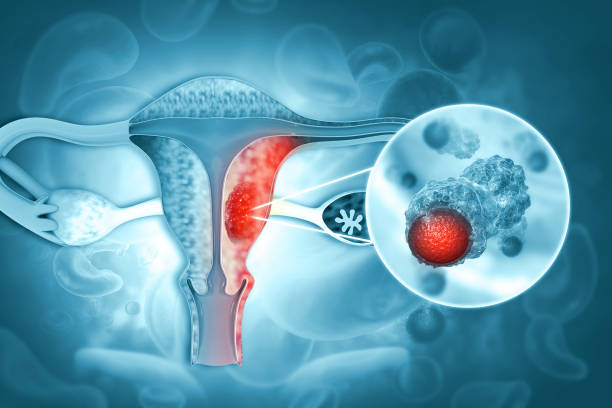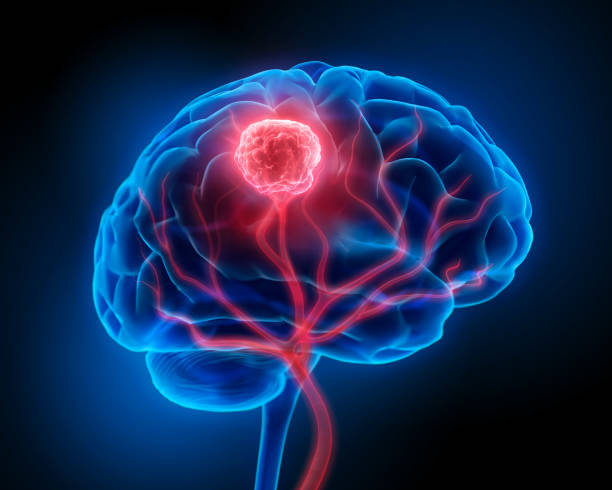
Rectum is the part of large intestine which connects the colon to the anus. Cancer arising from its lining and other tissues is called Rectal cancer.
Most common type of rectal cancers in adenocarcinoma, but there are other types also like sacromas , neuroendocrine tumors etc.
The common symptoms of rectal cancer are bleeding in stools, change in bowel habits such as frequent diarrhea or long standing constipation, and abdominal pain. Other symptoms may also include rectal pain or discomfort, feeling that you need to have a bowel movement even when you don’t, loss of appetite, weight loss and fatigue
Rectal cancer can be easily diagnosed early through screening tests, such as fecal occult blood test, colonoscopy and sigmoidoscopy. Colonscopy or sigmoidoscopy is a test where the doctor passes a long flexile tube with a camera at its end through your anus into your large intestine for direct visualization of any signs of cancer or poly. All adults should have a screening test done at 45 years of age and accordingly thereafter. People who have family history of colon or rectal cancer, history of polyps or inflammatory bowel disease like ulcerative colitis or crohn’s disease should undergo screening earlier and more frequently.
In case of suspected disease on colonoscopy or sigmoidoscopy, a biopsy is taken for confirmation which helps in identifying the type of cancer. Further tests like MRI pelvis, CT chest and abdomen and PET CT scan will be done to determine the cancer stage.
There are many different treatment options available for rectal cancer used in combination in different sequence.
The option include :
Surgery: It is the most common treatment for rectal cancer. Depending on the stage of cancer, surgery may be used to remove just the tumour, a portion of the rectum or the entire rectum. In advanced cases, it may also be used to relieve symptoms such as blockage or bleeding.
Radiation therapy: It is the use of high-energy beams to kill cancer cells. It can be used before or after surgery and may be combined with chemotherapy.
Chemotherapy: Chemotherapy uses medicines to kill cancer cells. It can be given intravenously (through a vein) or orally (in pill form). Chemotherapy is can be used alone or in combination with radiation therapy.
Targeted therapy: Targeted therapy is a newer treatment that targets specific genes or proteins involved in the growth and spread of cancer cells. It is often used in combination with other treatments, such as chemotherapy.
Immunotherapy: Immunotherapy works by stimulating the immune system to attack cancer cells. The immune system is made up of many different types of cells, including T cells (responsible for killing cancer cells) or B cells (by producing antibodies that help to destroy them). Immunotherapy can help to improve the function of these cells and make them more effective at fighting cancer. There are several different immunotherapy treatments available for rectal cancer, and they are usually given in combination with other treatments such as chemotherapy or surgery
Right treatment option and its sequence will depend on patient’s stage, age, overall health and preference. Therefore choosing a team of experienced medical professionals with a multi disciplinary approach is essential to ensure the best possible outcome.







 You got a gift from unknown user. Continue > https://telegra.ph/Get-BTC-right-now-01-22?hs=ed569c04ca73f51bcc7895f0ff04864a&
You got a gift from unknown user. Continue > https://telegra.ph/Get-BTC-right-now-01-22?hs=ed569c04ca73f51bcc7895f0ff04864a& 
7:46 amcwib8i